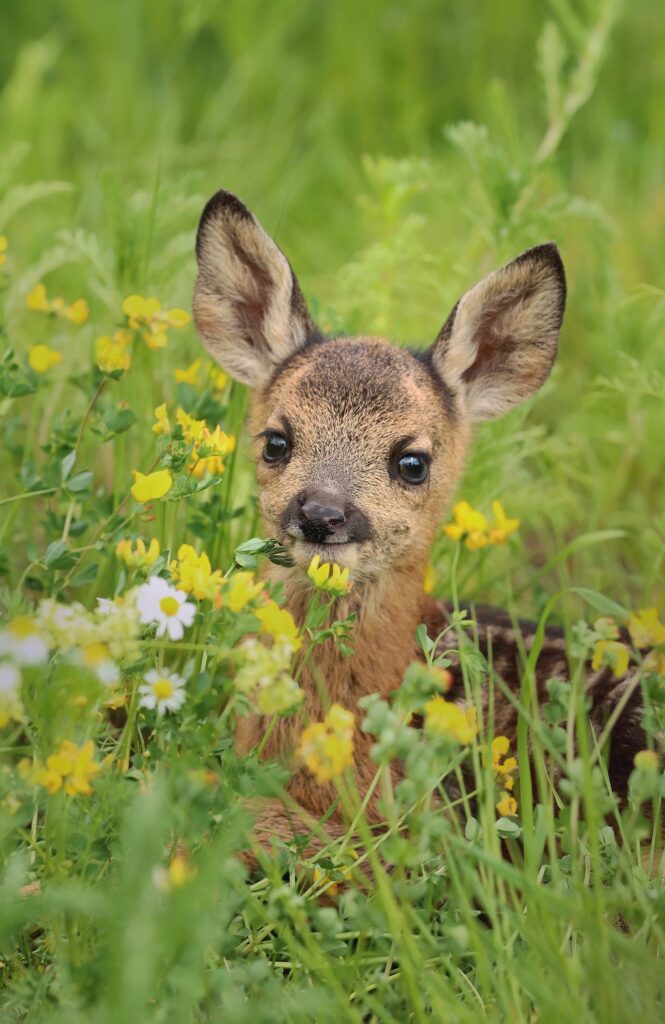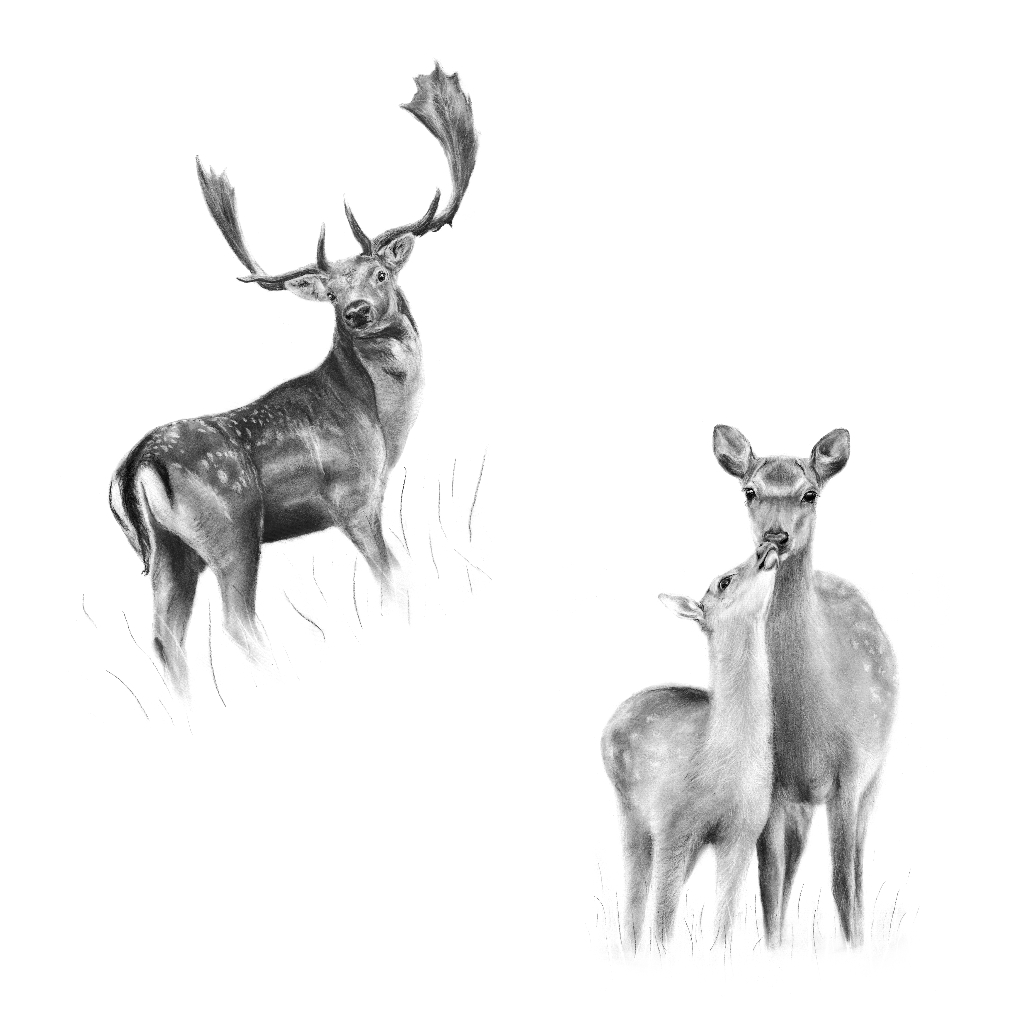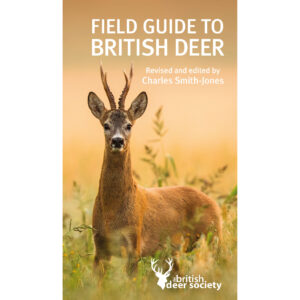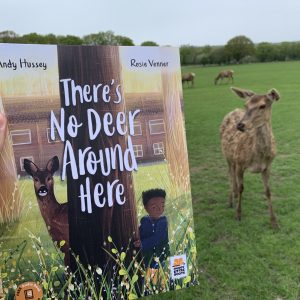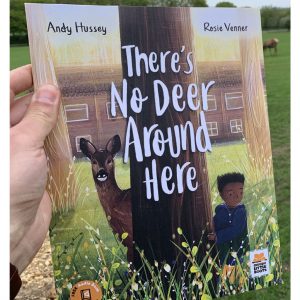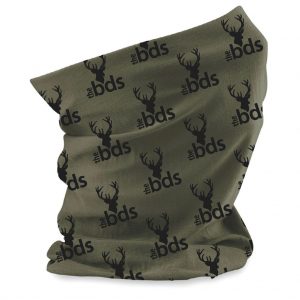Ask BDS – Baby Deer
Share article:
Article by:
Charles Smith-Jones, Technical Adviser, British Deer Society
What to Do If You Find A Baby Deer
Most of the UK’s deer species have regular birthing seasons between May and July. Muntjac are the only exception and their fawns might be encountered at any time of year.
The British Deer Society regularly receives enquiries from members of the public who have found a baby deer that they believe has been ‘abandoned’ by its mother and are wondering what they should do.
The usual answer is – nothing! Newly born deer are frequently seen alone or discovered hidden and are sometimes mistakenly assumed to have been abandoned. It is quite normal for newly born deer to be left alone while their mothers feed nearby, returning at intervals to feed and nurse the youngsters until they have the strength to accompany them on their daily routine. These intervals can often last several hours and the infant deer usually remains in the immediate area throughout its first few days of life. During this time its only real defence against predators is keeping entirely still and giving off little scent.
If you find a newly born deer, the best advice is to leave the area as undisturbed as possible. In most cases the mother will return within a few hours and may well move her fawn, calf or kid elsewhere is she decides that it is no longer safe enough.
A newly born deer is very appealing but, however tempting it may be, please do not stroke it. Newly born deer that are touched or moved might be abandoned by their mother, almost certainly resulting in death for the young deer. Every year fit and healthy young deer are taken to rescue centres unnecessarily, but they are extremely difficult to rear successfully and unfortunately many die.
If there is genuinely no sign of the deer’s mother within a few hours and it remains in the same place, and particularly if it shows any signs of distress (such as calling over long periods with a weak, piping squeak), you may feel that action does need to be taken. If so you might consider contacting a wildlife rescue organisation such as the RSPCA who should be able to help or to recommend a suitable local alternative.
Releasing hand-reared deer back into the wild can be difficult and is often impossible, so many rescued animals may have to spend the rest of their lives in captivity. Additionally, muntjac are specified under the Alien Species (Enforcement and Permitting) Order 2019 and re-release is forbidden by law.
UK DEER BIRTH DATES SURVEY
Are you aware that climate change and other factors may be influencing deer birthing seasons? The British Deer Society (BDS) conducts the Deer Birth Dates Survey each year to help establish if deer birth dates are changing.
Learn more: BDS UK Deer Birth Dates Survey
If you’ve spotted any new-born (less than a week old) kids/calves/fawns between late March and October, then please do report your sighting in our survey.
The survey contains 8 questions and only takes around 3 minutes to complete.
Your contribution can help us understand our deer better and ensure their welfare continues to be protected.




